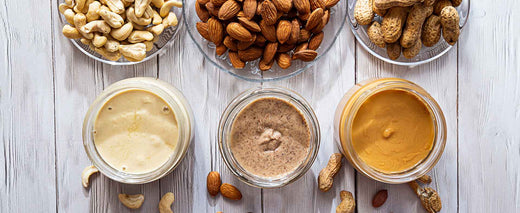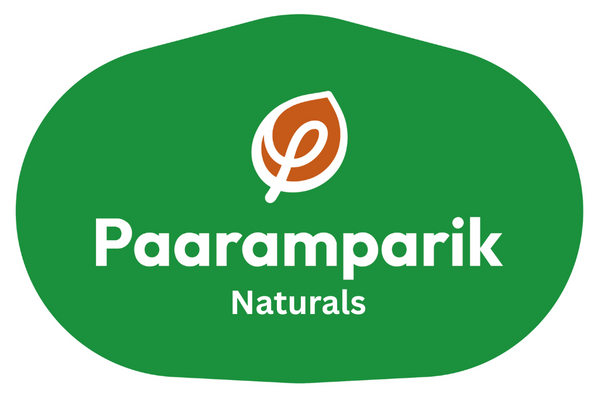Nutrient-Rich Vegetarian Protein Options

Share
Why Protein is More Than Just a Gym Buzzword?
Picture this: it’s mid-afternoon, and you’re yawning at your desk. Coffee doesn’t help. You had a decent breakfast, maybe some lunch too — but still, the fatigue lingers. The missing piece? Protein.
Protein isn’t just for gym lovers or athletes. It’s for everyone — kids, working professionals, new mothers, and even elders. It fuels energy, repairs muscles, supports hormones, and keeps your immunity sharp. Without enough protein, you feel drained, unfocused, and more vulnerable to illness.
Now here’s the good news — you don’t need meat to meet your protein goals. Vegetarian diets, when planned well, are full of protein-packed foods that are both wholesome and delicious. Let’s explore the best protein-rich food veg sources and how you can add them seamlessly into your daily meals.
Everyday Vegetarian Protein Heroes
1. Lentils and Pulses
Our grandmothers had it right. A bowl of dal isn’t just comfort food; it’s nutrition in action, a perfect veg protein-rich food option.
- Protein value: 9 grams per cup.
- Other benefits: Rich in fiber, folate, and iron. Keeps digestion smooth and supports heart health.
- How to use: Dal, sambar, rajma-chawal, chole, sprouted moong salad.
2. Chickpeas
The humble chana is a versatile gem.
- Protein value: 15 grams per cup.
- Other benefits: Fiber keeps you fuller for longer, stabilizes blood sugar, and supports gut health.
- How to use: Hummus, roasted chana snacks, chana masala, chickpea flour (besan) pancakes.
3. Paneer and Dairy
Paneer, curd, and milk are staples in many Indian homes.
- Protein value: Paneer offers 14 grams per 100 grams.
- Other benefits: High-quality protein plus calcium for strong bones.
- How to use: Paneer bhurji, yogurt smoothies, milk with nuts, or paneer-stuffed parathas.
4. Soy Products
If there’s one vegetarian ingredient that rivals meat in protein quality, it’s soy. It is one of the richest vegetarian protein sources.
- Protein value: 10 grams per ½ cup of tofu.
- Other benefits: Packed with iron and isoflavones that support heart health.
- How to use: Soy tikki, tofu stir-fry, soy milk smoothies.
5. Nuts and Seeds
Almonds, peanuts, flaxseeds, chia seeds, and pumpkin seeds are nutritional powerhouses and one of the healthiest high-protein veg foods.
- Protein value: 5–7 grams per handful.
- Other benefits: Rich in healthy fats, magnesium, and antioxidants. Great for skin and brain health.
- How to use: Nut butters, trail mix, laddoos, smoothies.
6. Quinoa and Millets
Quinoa is a “complete protein,” meaning it contains all nine essential amino acids. Indian millets, such as bajra, ragi, and jowar, are also excellent options. They together make up for one of the top 10 protein foods veg items.
- Protein value: 8 grams per cup.
- Other benefits: Gluten-free, fiber-rich, and great for diabetes management.
- How to use: Millet dosa, quinoa pulao, ragi roti.
Busting Myths About Vegetarian Protein
- “Meat is the only source of protein.” False. Lentils, soy, and dairy can give you equally good quality protein.
- “Vegetarian protein is incomplete.” Not if you mix smartly — like rice with dal, or chapati with paneer.
- “Kids can’t grow strong on veg protein.” Wrong. Pulses, nuts, and dairy support growth beautifully.
One-Day High-Protein Vegetarian Meal Plan
Here’s how you can meet your protein goals without meat:
- Breakfast: Millet dosa with paneer stuffing + glass of soy milk. (20g protein)
- Snack: Roasted chana + handful of almonds. (12g protein)
- Lunch: Rajma-chawal + cucumber salad with seeds. (25g protein)
- Evening Snack: Peanut laddoo + cup of curd. (10g protein)
- Dinner: Quinoa pulao with tofu stir-fry. (22g protein)
Total: Nearly 90 grams of protein in a single day!
Quick and Easy Protein-Rich Recipes
Peanut & Jaggery Laddoo
- Grind roasted peanuts, add jaggery, roll into balls.
- Great for energy + protein.
- Cheap protein source
Soy & Veggie Tikki
- Mix boiled soy chunks with mashed veggies.
- Shallow fry into cutlets.
- Perfect protein-rich snack for kids.
Quinoa Salad Bowl
- Cook quinoa, mix with veggies, olive oil, and lemon juice.
- A refreshing, filling dinner option.
Why Vegan Protein is Extra Important for…
- Children: Develops immunity, supports muscle tissue growth, and keeps energy levels high.
- Women: Balances hormones, supports skin and hair health, and increases energy levels during busy schedules.
- Elderly: Prevents muscle tissue loss, supports bone health, and maintains a healthy metabolism.
Bottomline
Protein is not optional. It’s the foundation of your strength, focus, and health. And as a vegetarian, you’re not missing out — your plate already has everything you need. From dal to paneer, from peanuts to quinoa, vegetarian protein options are plenty and powerful.
So, next time someone asks you, “But where do you get your protein from?” smile and say, “From my delicious, wholesome Indian kitchen.”



